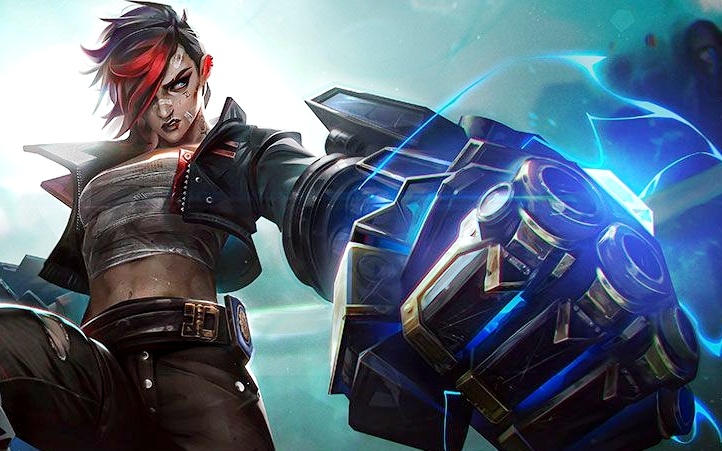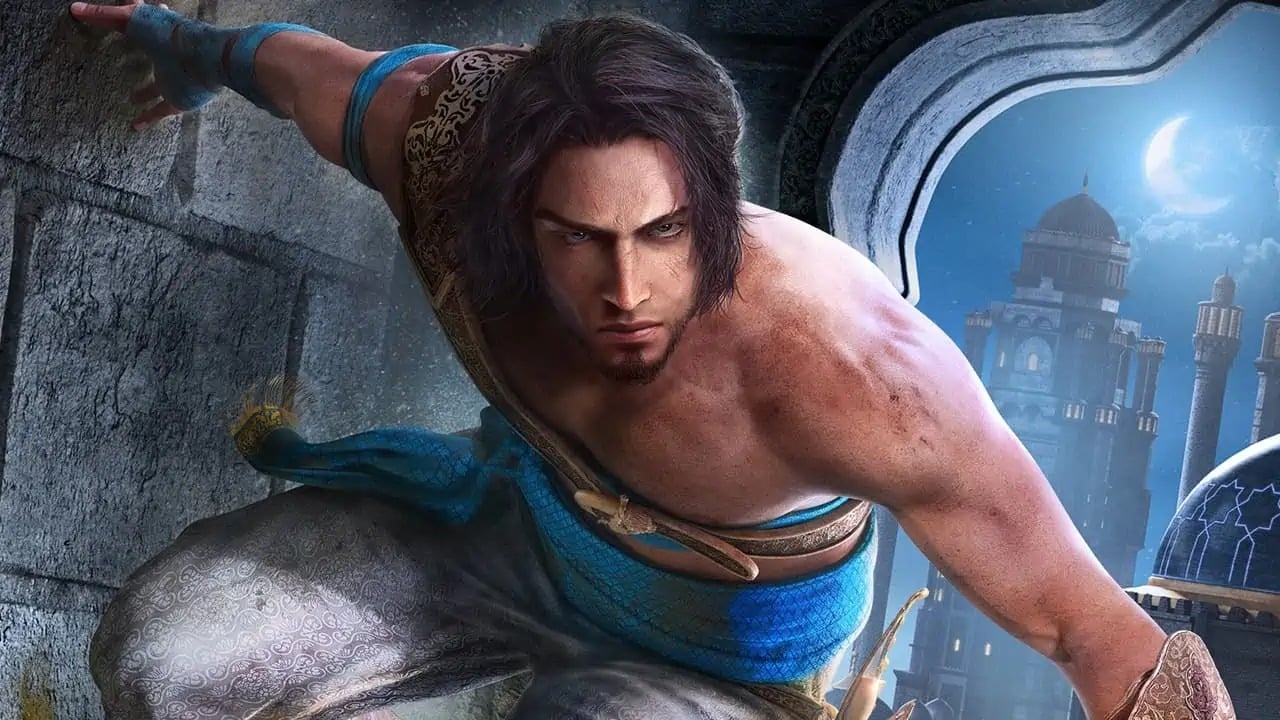As you probably know, video games are often censored or prohibited. GTA, Call of Duty, Battlefield, Pokémon GO or even Football Manager are all titles that have been banned in some countries for various reasons (violence, diplomacy, sexuality …). But one of them once decided to hit hard by banning almost all video games. And no, it’s not China.
Are video games too violent?
Whether free (as in GTA), realistic (Spec Ops: The Line …) or mainly free time (Battlefield, Call of Duty and other multiplayer FPS), Video game violence has always been a controversial and controversial issue. In 1976, when the games were just a sequence of pixels without great realism, we were already pointing the finger at one of them: Death race.

Originally released on an arcade machine, Howell Ivey’s game invited players to destroy pixelated little guys. Unfortunately, production had to be stopped very quickly. Perceived as too violent, the game fell victim to a real scandal. Death Race made the cabbage heads of the American press fat, which they treated like a dangerous and traumatic game. If this bad publicity and the various protests initially increased sales, the Exidy company had to make a decision very quickly take his game off the market. Note that the game was a free adaptation of the film Death Race 2000 which, despite dozens of crushed pedestrians, never led to such controversy.

You can imagine that if a few pixels at that time the crowds the situation worsened with the introduction of more realistic graphics. Over time, various studies have shown that playing video games affects the brain and drives it towards aggression. If the latest studies on the subject mostly suggest otherwise, A few decades ago there was a tendency to scourge the ill effects of video games.
The latter are even believed by some to be responsible for the school killings that hit the United States particularly hard. An argument that has lost credibility today, but was obvious then. So that After the shooting at Columbine High School in 1999, several families of victims decided to sue games like Doom or Wolfenstein 3D


For the same reason, the French government started attacking video games in the 90s: find a culprit in the “climate of violence” that does not encourage one to question years of catastrophic politics. Phantasmagoria, Carmageddon II: Carpocalypse Now, Sanitarium, Wild 9 or even Grand Theft Auto became the focus of heated debates on the benches of the Assembly or the Senate in order to limit their distribution.
Mr Philippe Darniche made the Minister of the Interior urgently aware of the existence and sale of video game software in our country, which defies all human and bourgeois morals. Specially designed for young people, they are intended to “practically” incite adolescents to urban violence and street fighting after they have identified themselves with a “hero” hired by the mafia who is none other than a drug dealer. {…} while our country is having great difficulty curbing urban discomfort, finding work for young people and fighting addiction prevention.
Question in the Senate of January 22, 1998
But despite long meetings France will never ban video games entirely, unlike many neighbors. Germany, for example, has a long list of banned games, from Counter-Strike to Dying Light, Football Manager and Wolfenstein 3D. Published 2008, Manhunt 2 (“bloodiest video game of all time” according to IGN) is also banned on Germanic land, as well as on many others (Great Britain, Ireland, Italy, Switzerland …). However, if these bans are the subject of ad hoc decisions, then there is one country that opted for a more radical ruling more than a decade ago: forbid almost all video games on its soil.
Chavez goes to war
On January 17, 2010, Hugo Chavez will give his usual weekly radio and television address Alo president. But this time he has a very specific enemy in mind: Video games and especially Sony.
These games called PlayStation are poisonous. There are games that teach you how to kill. Once they make one with my face, you’ll have to find Chavez to kill him

Before that he also had took a stand against the Nintendo company. According to him, the Japanese company’s video games would make gamers individualistic and lead them astray. Suffice it to say that the Venezuelan president clearly did not have video games in his heart, and he did so for a while. In October 2009 he had a law banning the sale of so-called games “warlike”
And for good reason it bans all video games (and toys) that incite violence and the use of weapons from near and far. So it goes from a gnawing war game to a smash-like one where the goal remains to defeat your enemy. Suffice it to say that the vast majority of games were affected by these restrictions. Venezuela was the first country to ban almost all video games on its territory.
But what exactly did the law provide? Well no less than Three to five years imprisonment for anyone trying to import, manufacture, sell or distribute violent games. And those who dared to promote such games in any way ran the risk of paying quite a hefty fine.

This Venezuelan ban is a bit like the tree that hides the forest. It’s important to remember the country was prone to high crime rates and devastating waves of violence at the time. It is hard to imagine how such a simple decision to ban violent games could affect, for example, the impressive number of gunfire deaths in the country. For information, according to a 2005 UNESCO report, the country ranked first in the death rate from gunfire, with 22.15 deaths from gunshots per 100,000 population. Not to mention, the author of this law is nowhere near entirely pure and innocent. Aware of these realities, the Vice-President and spokesman for the commission that drafted the law decided to illustrate the ambitions of the latter:
This law will not solve the problem of violence that is bleeding the country, but it will help raise our children and youth in pacifism.
Wilmer Iglesias

Especially that Ultimately, only a few instructions are given to the Venezuelan consumer protection association the national authority should decide which game is allowed or not. We also suspect that the reason for this ban is hidden in Anti-Americanism and the resulting anti-capitalism, two strong themes of the Chavez presidency. Especially what the guy and his supporters already saw in Mercenaries 2: Hell of the Favelas (2008), inciting the United States to overthrow the Venezuelan government. He openly accused capitalism in his famous speech on January 17, 2010:
Capitalism creates the need for tobacco, drugs and alcohol and then sells them. There is a way to hell!
Note, however, that unlike the other two major manufacturers in the market, Microsoft (the only major American manufacturer) was never directly targeted by Chavez. as said there is something moon-like and incomprehensible about this whole story … in contrast to the Chinese restrictions, which always followed a certain consistency (as questionable as it is).
What about China in all of this?
Given the title, you’ve probably thought too quickly that we’d take a look at the Asian giant. And not without reason. While China hasn’t banned video games worldwide, This is the country that has the most restrictions on them. We felt compelled to mention this before we finish this article.

It all started in 2000 when a decree was issued to ban the sale of consoles … just that. The idea was to focus the Chinese citizens on their studies or their work. If this law has been repealed since 2014, it has had a powerful impact on video game consumption in China today. In fact, most Chinese only play on PCs and smartphones.
In addition, the government is trying to restrict access to games for the youngest. First restricted by a digital lock, then by a strict limit to a few hours per week, young Chinese can’t play as much as they want. There is also a curfew for online games. And we’re not talking about the whole censorship aspect of making video games a smooth free time, framed and favorable to the existing power. If the topic interests you, we can only invite you to read it our paper on censorship and the ban on video games in the world.

To come back to the Venezuelan case, it crystallized a priori over the years to video games and the relationship of politicians to this medium. This prohibition is full of inconsistencies and without real directions, and struggles to find logic and real effect. Ultimately, today it is no longer the economic crisis that prevents players from playing war. It must be said that it is impossible to spend the equivalent of $ 37,000 on the Xbox One (56,000 on the PS4). Fortunately, Venezuelan gamers can rely on their PCs to get involved in frenzied games. And some have even found a way to make a little money in times of crisis … but we will surely talk about that in another article.








